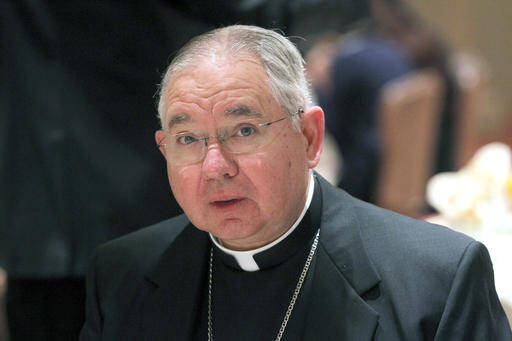Today, June 9, the state of California’s assisted suicide legislation has gone into effect, giving approximately 12 percent of the population of the United States the right to request life-ending medication when in the final phase of a terminal illness. Matt Whitaker, state director of the national advocacy group Compassion and Choices, called it a “monumental day for Californians suffering from terminal diseases. Senator Bill Monning, a co-sponsor of the California bill, likewise recently called the law a “historic achievement,” a blessing that will bring relief to a “limited universe of people.”
While the idea of trying to help people facing prolonged and profound suffering to find relief is undeniably good—and church language in opposition to such laws has at times seemed to ignore that essential reality—the law’s actual impact on health care and human services in California are largely impossible to predict. Four other states have similar legislation—Vermont, Oregon, Washington and Montana; none have anywhere near the kind of population or bureaucracy of the California health care system. Indeed, the population of those four states put together is less than a third that of California, and they have nowhere near the level of complexity of services and demands.
One specific area of concern (which America has previously covered here and here) regards whether the availability and cheapness of a “suicide pill” in the face of steep health care costs will not almost certainly put pressure on both the health care system and the poorest members of our community to accept death rather than continued care. In the words of the California Catholic Conference, which has released a statement in conjunction with the law’s enactment, “What some mistakenly consider a newfound ‘freedom,’ will inevitably become a duty for others.”
In a strongly worded statement yesterday, Archbishop José H. Gomez of Los Angeles also voiced his opposition to the new law. “With the new ‘End of Life Options’ law we are crossing a line,” he states. “Killing is not caring. True compassion is walking with those who are suffering, sharing their pain, helping them bear their burdens. Loving your neighbor as yourself is not a duty we fulfill by giving our neighbor a lethal dose of pills.”
In addition to condemning “this misguided law,” the dioceses of the California Catholic Conference promised positive action. “Together, we vow to strengthen our palliative care and other health care services for the chronically and terminally ill, so that no one feels compelled to choose assisted suicide.”
“Each of us should feel loved, worthy and cared for at every moment of our lives, especially when our earthly journey is nearing its end,” said the C.C.C.
“Through our health care professionals and the care and compassion of all people of goodwill, we will continue to lovingly attend, accompany and care for the terminally ill on their final journey.”








